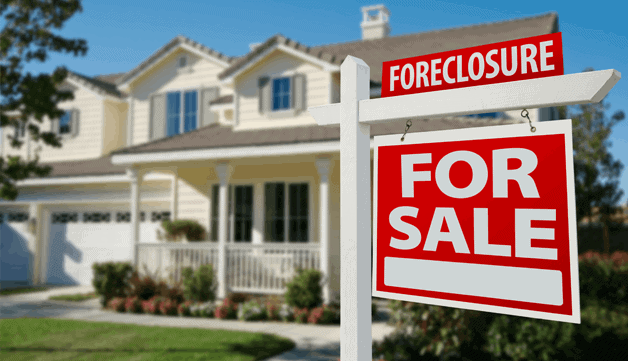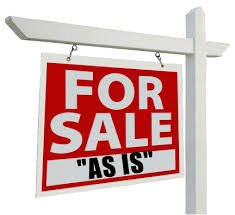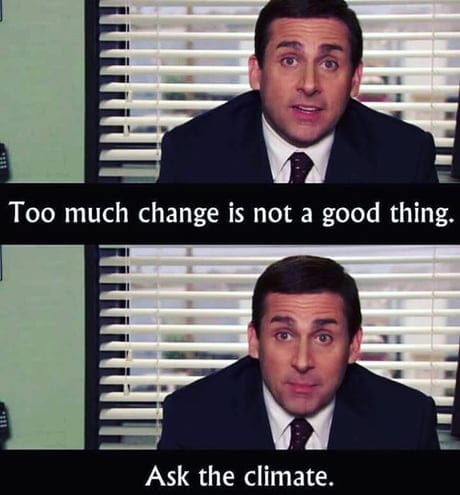Foreclosure listings in Vancouver and Tri-Cities
Home Foreclosure Listings
Introduction to buying foreclosures
Author: Meryl Hamdillah, REALTOR with Sutton WestCoast Group.
If you are looking for a realtor to help you buy or sell a property in Coquitlam or Vancouver, feel free to Chat with me now! 604-307-9506
Foreclosure 101 – Everything you need to know as a buyer
This blog will help you to understand the foreclosure process and what is involved in purchasing a foreclosed home. While there may be large savings, it is important to understand the risks and consequences that comes with purchasing a home under foreclosure. In this blog, you will be introduced to the various stages of foreclosure. You will also learn about risks and how to minimize risks as a buyer.

What is foreclosure?
Foreclosure is the legal process by which a lender takes control of a property and sells the home when a homeowner is unable to make regular principal and interest payments on his or her mortgage, as stipulated in the mortgage contract.
While foreclosures are few and far between due to stricter mortgage laws in Canada, there are still foreclosures that will pop up in the market every now and then. These foreclosures can range in property types from condos and townhomes to single detached homes and buildings with a range in prices as well.
What is the foreclosure process in BC?
As soon a borrower fails to make (or defaults on) a loan or mortgage payment on time, the loan becomes delinquent. The foreclosure process begins when the homeowner (borrower) defaults or misses a loan or mortgage payment. At this point, a homeowner in default will be notified by the lender. If a mortgage remains delinquent three to six months after the homeowner misses a mortgage payment and the homeowner has not made up the missed payments within a specified grace period, the lender will begin to foreclose. The further behind the borrower falls, the more difficult it becomes to catch up on payments because lenders add fees for late payments after 10 to 15 days.
A foreclosure, as in the actual act of a lender seizing a property, is typically the final step after a lengthy pre-foreclosure process, which can include several alternatives to seizure of the property and can include mediation and negotiations to limit a foreclosure’s negative consequences for both the buyer and the seller.
What are the risks and consequences of buying foreclosures in BC?
The biggest lure and probably the only benefit to buying a foreclosure is the potential savings you could get compared with buying a non-distressed property. Depending on the stage of the foreclosure, the total amount owing on a property, and the comparables in the neighbourhood, a successful buyer could save at least 10% to 15% from the current market value of a similar property. Just to put this into perspective, that’s a total savings of $100,000 to $150,000 on a property listed for $1 million. This can a significant amount of savings for many; however, foreclosures do not come without risks and consequences. So if you are someone who loves a good bargain, make sure that you’re fully aware of what these risks and consequences are before you decide to make an offer.
Understanding risks and consequences
Foreclosures are sold “as is”
“As Is” at the time you take possession of the property and not when you viewed the property prior to your possession date. The lawyers will ensure that the property is free and clear of all the mortgages and liens. Be aware that if you discover that items are missing or that there is a defect you didn’t see prior to possession, you’re not able to sue and claim for compensation or damages.

So why do lenders choose to sell properties “as is”? In most cases, the people who have their homes foreclosed are usually in financial troubles and do not have the funds to properly maintain their home. Because lenders and their agents will only sell the property “as is” to remove any future liability, this becomes cost that the new owner has to bear in exchange for the “deal”.
Foreclosure can be a lengthy and complex process and does not guarantee that you will be the new owner when you have an accepted offer.
During a foreclosure process, once the lender (new owner) of the property accepts your offer, a court date is scheduled. Once the court date is set, the price and terms of your existing offer becomes public and other buyers can decide whether they want to attend the hearing and compete with your offer much like in an auction. Here, competing buyers must be prepared to do “subject free” offers and have their deposit ready on hand.
Should the judge find that the current market value of the said property is worth more than your accepted offer, or if there are offers higher than your accepted offer, you may be outbid by competing buyers unless you agree to pay higher than what you have offered. In a slow market, the judge may decide to approve your offer as it is. Due to the stressful and lengthy nature of this process, buyers should prepared to receive competing offers and be mentally and financially ready to negotiate on the day of the hearing.
Foreclosures may have higher maintenance or repair costs than homes not under foreclosure.
Typically, people who have their homes foreclosed are facing financial difficulties and do not have funds to fix any material (or latent) defects that may exist in the home. Due to the lack of repair and maintenance, you should be prepared to do some handy work and/or have extra funds to repair any damages that appear on or after possession date.
In contrast, when buying a home from a homeowner who is not under financial stress, the sellers are typically more open and understanding to fixing minor repairs or offering a repair allowance to cover for the costs of the repairs.
Foreclosure may have additional costs that are not recoverable.
Depending on the lender that you work with, you may be responsible for paying for appraisal fees upfront in order to get a mortgage approval. You may also want to pay for an inspection so that you are aware of all the deficiencies when making your final offer in court. These costs add up and can cost the buyer more than $1000 that is not recoverable even if your bid is not successful.
How can a buyer reduce risks buying foreclosures?
Here are a few things to consider:
Hire an experienced realtor who understands foreclosures and will be able to guide you through the process. As a buyer who is interested in properties under foreclosure,you want a realtor who can ask the right questions and willing to help you find answers when dealing with a property under foreclosure. Some of these questions may include:
– Who is the registered owner on title? Is it the owner (or mortgagor) or is it the lender? If it is the latter, then the lender would the property would have already undergone foreclosure.
– How many charges i.e. mortgages or liens are registered on title?
– What is the remaining balance and interest owing on each mortgage?
– What are the costs associated with the removal of the mortgage(s)?
– Which lender(s) have 1st loss priority to the net sale proceeds?
– Which lender have 2nd, 3rd, 4th loss priority to the net sale proceeds if any?
– Are there any balances owing to government related parties like City of Vancouver ( i.e. property taxes) or Ministry of Finance (i.e. property transfer tax)?
Asking the right questions is a good start but it’s just as important to have a realtor who has the instincts to know where to look for important facts that help strengthen your position in a competitive market (rather than making a low ball offer that will only be refused and create more frustration on both sides). Remember that in Canada, the judge has to decide if the offers or bids are fair unlike the popular notion that it goes to the highest bidder.
Hire a professional inspector. Foreclosure sellers do not entertain offers subject to inspection because properties are sold “as is”. However, there’s no harm in asking the seller or the seller agent if you want an inspection. This is a benefit to you as a potential buyer as it helps to ensure that you are aware of all the deficiencies (if any) even before you make an final offer. Depending on the condition of the property, it may be advantageous to bring a contractor with you to the inspection so you can have an estimate of how much you will need to budget to bring the property to livable condition.
Visit the subject property and perform a “curbside inspection” of the house. If the property is a strata condo, you can do drive by around the building. The exterior of a property or building may be reflection of how well the interior of the property is maintained. If the paint of the exterior is peeling and there is moss growing on the roof or walls, then it may mean that the homeowners have not spent much time or money in maintaining the home.
Knock on the doors of nearby neighbors. The most polite method is to knock on the door and leave a note (as long as signs are not warning you against trespassing or guard dogs). Do not wander around the neighbour’s property as you may be liable for trespassing. Tell them you want to bid on a property but would like to learn about history of the property and the owners. Check if there been any signs of squatters or recent break-ins?
Is buying foreclosure right for you?
To help determine whether foreclosure is right for you, below is a list of characteristics of someone who would make a good candidate for buying a foreclosure:
1) You can easily obtain financing based on your current employment or pay cash in full.
2) You have more than sufficient funds to cover for any surprises i.e. missing appliances, etc.
3) You are willing to spend time and money to bring a property up to code or to make it competitive with other homes in the neighborhood.
4) You are fully aware that there may items missing on the day of possession that may have been present during the day of your viewing.
5) You have solid home maintenance and repair skills or can hire someone who does.
6) You have a “can do” attitude and willing to trade sweat equity for home equity.
7) You are not afraid to take on major renovations for potentially extended timeframes.
Some foreclosure listings are not on MLS
If you are looking at Foreclosure listings and would like more information about it, give me a call at 604-307-9506, or email me at [email protected]. We have access to exclusive listings that are not available on the MLS.
Are you looking for a foreclosed house for sale?
We can help. We’ll help you understand the foreclosure process and assist you no matter what stage you are in. Fill out the form below and get your list of foreclosures.
Other Blogs you may be interested in
If you are a new home purchaser, keep in mind that the initial Deficiency Walkthrough is an important snapshot of the condition of your new home that is referred to during insurance claims.







